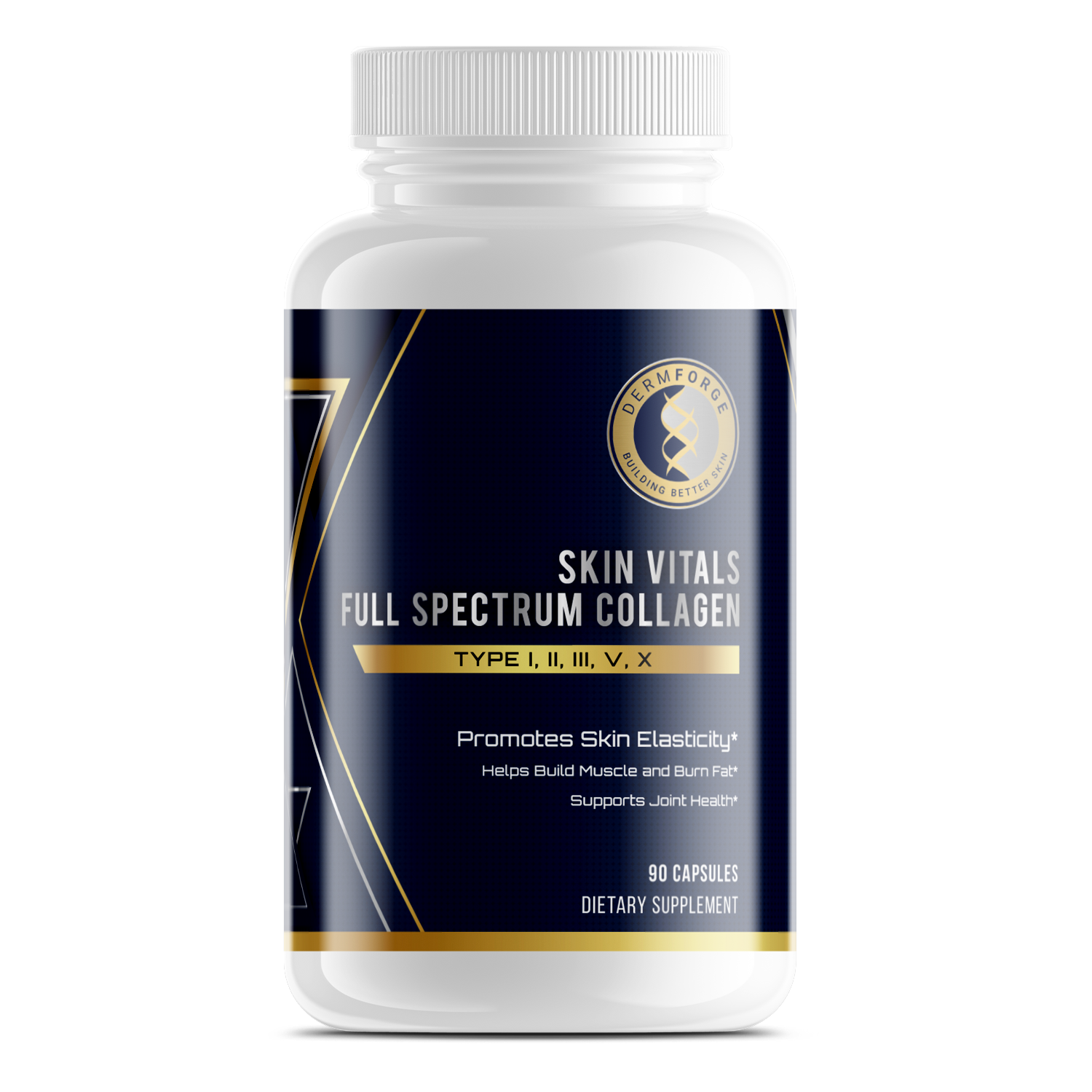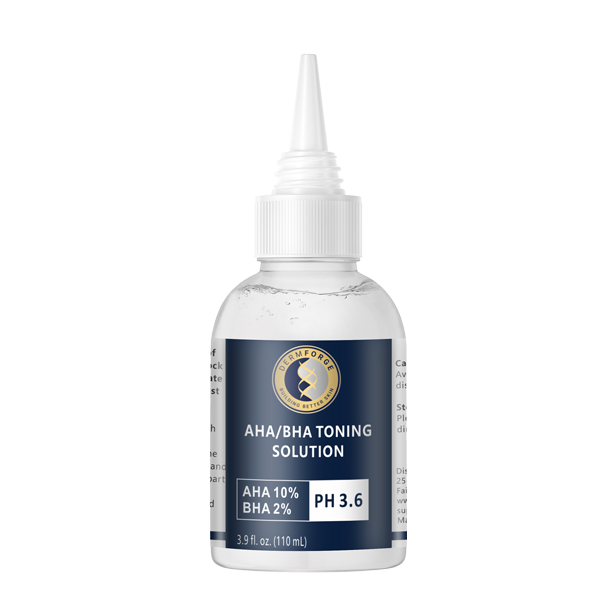Aging is a natural process, but taking care of your skin can help it look healthier and more vibrant over time. By understanding and using anti-aging skincare strategies, you can address common concerns like wrinkles, dryness, and uneven texture. Additionally, focusing on prevention and maintenance can reduce the visible effects of aging.
However, with so many products and treatments available, it’s easy to feel overwhelmed. Learning what works for your skin and lifestyle makes the process more manageable. Therefore, a thoughtful approach combining daily care, advanced treatments, and healthy habits can provide noticeable results.
Your skin deserves care and attention at every stage of life. With the right strategies, you can support its natural beauty and resilience.
Understanding the Science of Skin Aging
As you age, your skin undergoes several changes, primarily due to decreased collagen and elastin production. Collagen provides structure and strength, while elastin offers flexibility. Reduced levels of these proteins lead to wrinkles and sagging skin.
Intrinsic factors, such as genetics, play a role in skin aging. However, extrinsic factors often accelerate the process. Sun exposure is a significant external factor; ultraviolet (UV) radiation damages skin cells, leading to premature aging. Additionally, lifestyle choices like diet and smoking impact your skin's health. A diet lacking essential nutrients can diminish skin vitality, while smoking introduces toxins that damage collagen and elastin.
Understanding these factors is essential for developing effective anti-aging skincare strategies. By adopting a healthy lifestyle and protecting your skin from environmental damage, you can maintain a youthful appearance. Incorporating sun protection, a balanced diet, and avoiding harmful habits are practical steps to support your skin's health.
Daily Skincare Routines for Anti-Aging
A consistent daily skincare routine is essential for maintaining healthy, youthful skin. Cleansing is the first step in any regimen. It removes dirt, oil, and impurities that accumulate throughout the day. When you cleanse your face, you create a fresh canvas for other products to work effectively. Choose a gentle cleanser suited to your skin type to avoid irritation.
Moisturizing is just as important as cleansing. Your skin needs hydration to stay supple and prevent dryness, which can emphasize fine lines. For oily or acne-prone skin, lightweight, non-comedogenic moisturizers work best. If your skin is dry, look for richer creams with hydrating ingredients like hyaluronic acid or ceramides. These help maintain your skin's moisture barrier.
Sun protection is perhaps the most critical step in any anti-aging skincare strategy. UV damage contributes significantly to wrinkles, pigmentation, and skin laxity. To protect your skin, apply a broad-spectrum sunscreen with at least SPF 30 every morning. If you spend time outdoors, remember to reapply it every two hours. Sunscreen is essential regardless of your skin tone or type.
Different products suit different skin needs, so selecting wisely makes a difference. Combination skin may benefit from a gentle cleanser, lightweight moisturizer, and a matte-finish sunscreen. On the other hand, sensitive skin types often require fragrance-free and hypoallergenic options. No matter your skin type, consistency in your daily routine will help achieve the best results. Adopting these anti-aging skincare strategies can help your skin look healthy and vibrant for years to come.
Key Ingredients to Look for in Anti-Aging Products
When choosing anti-aging products, key ingredients make all the difference in reducing the visible signs of aging. Retinol, a form of Vitamin A, is one of the most effective options. It works by accelerating cell turnover and boosting collagen production. As a result, it can help smooth wrinkles and improve skin texture over time. However, you should start with a lower concentration to avoid irritation.
Hyaluronic acid is another essential ingredient. It hydrates by attracting moisture to your skin, making it look plumper and reducing the appearance of fine lines. Therefore, it’s especially beneficial if your skin tends to feel dry or tight. This ingredient works well with other anti-aging products, enhancing their effectiveness.
Peptides are also worth including in your routine. These small proteins stimulate collagen and elastin production, which helps maintain skin firmness. Additionally, they can improve your skin's overall resilience. Look for products containing peptides if you’re concerned about sagging or loss of elasticity.
Antioxidants like Vitamin C and niacinamide play an important role in your anti-aging skincare strategies. They protect your skin from free radicals, which can accelerate aging. Moreover, Vitamin C brightens the skin and helps fade dark spots caused by sun damage. For an added benefit, use antioxidant-rich products during the day alongside sunscreen.
Each ingredient offers unique benefits but combining them carefully creates a comprehensive approach. Always choose products that suit your skin type and address your specific concerns. By incorporating these key ingredients into your routine, you can help your skin look healthier and more youthful.
The Role of Nutrition and Lifestyle in Skin Health
Your nutrition and lifestyle choices directly affect your skin’s health and appearance. A diet rich in fruits, vegetables, and lean proteins supports skin regeneration. Additionally, foods high in antioxidants, like berries and leafy greens, protect against damage from free radicals. These nutrients help your skin maintain elasticity and reduce premature aging.
Hydration plays an equally important role in maintaining a youthful glow. When you drink enough water, your skin stays plump and well-moisturized. On the other hand, dehydration can make fine lines more noticeable. Therefore, aim to drink plenty of water throughout the day, especially if you’re exposed to dry or harsh environments.
Sleep is another key factor in skin health. During rest, your body repairs itself and produces collagen, which reduces wrinkles. Poor sleep habits, however, can lead to dull skin and puffiness. To improve your sleep, maintain a consistent bedtime and avoid screens before bed.
Incorporating holistic approaches into your lifestyle enhances the benefits of anti-aging skincare strategies. Regular exercise improves circulation, bringing more oxygen and nutrients to your skin. Additionally, reducing stress through activities like yoga or meditation helps prevent hormonal imbalances that can lead to breakouts or inflammation.
Your overall habits contribute to the long-term health of your skin. By prioritizing balanced nutrition, proper hydration, and restful sleep, you can maintain a radiant and youthful appearance. Combined with skincare, these lifestyle choices create a strong foundation for healthy skin.
Advanced Treatments and Professional Skincare Options
Advanced treatments and professional skincare options can complement your regular routine when you want noticeable improvements. Dermatological treatments like laser therapy, Botox, and chemical peels offer targeted solutions for aging concerns. Laser therapy improves skin texture and reduces pigmentation by stimulating collagen production. Botox, on the other hand, smooths dynamic wrinkles by relaxing specific facial muscles.
Each option has pros and cons. Laser therapy is non-invasive and effective for long-term improvements, but it may require multiple sessions. Botox delivers quick results for wrinkles, but its effects are temporary, typically lasting three to six months. Chemical peels exfoliate deeply, revealing smoother skin underneath, though they might cause redness or peeling during recovery.
Therefore, it’s essential to consider when these treatments are right for you. If you’re seeking immediate results for an event, Botox may be a good choice. However, if you prefer gradual improvements, laser therapy might align better with your goals. Consulting a dermatologist can help determine which treatments suit your needs and skin type.
While advanced treatments are powerful, they work best when combined with consistent anti-aging skincare strategies. By maintaining a strong daily routine and focusing on overall skin health, you can enhance and extend the results of professional treatments. This balanced approach helps you achieve long-lasting, radiant skin.
Common Myths and Misconceptions About Anti-Aging Skincare
Anti-aging skincare often comes with myths that can mislead you. One common belief is that expensive products work better than affordable ones. However, the price of a product doesn’t always reflect its effectiveness. Many budget-friendly options include the same active ingredients as high-end brands. Therefore, focus on the ingredients rather than the price tag when choosing skincare.
Another misconception is that results happen overnight. Skincare products take time to work, as they target underlying processes like collagen production or cell turnover. Additionally, the effects of anti-aging skincare strategies vary based on consistency and your skin’s unique needs. It’s important to remain patient and realistic while monitoring progress over weeks or months.
Some people also believe that natural products are always better for skin health. However, synthetic ingredients, such as retinol, often have more research backing their effectiveness. While natural options can be beneficial, they may not provide the same targeted results for aging concerns. Therefore, consider a balance of both based on your skin type and goals.
Educating yourself about skincare can help you make better choices. By understanding that no single product can solve every concern, you can adopt a well-rounded approach. Combining effective products with healthy habits ensures the best long-term outcomes. These realistic expectations help you build an anti-aging skincare strategy that truly works.
Conclusion
Achieving and maintaining healthy, youthful skin requires a thoughtful combination of care and commitment. By adopting effective anti-aging skincare strategies, you can address specific concerns and support your skin’s long-term health. Additionally, combining consistent skincare with healthy lifestyle choices enhances your results.
It’s important to stay informed and realistic about what skincare can achieve. While products and treatments improve many signs of aging, patience and consistency matter. Therefore, focus on what works for your unique skin needs and adjust your routine as necessary.
Finally, remember that good habits, like protecting your skin from the sun and staying hydrated, go a long way. When you prioritize a balanced approach, you help your skin look its best at any age.






